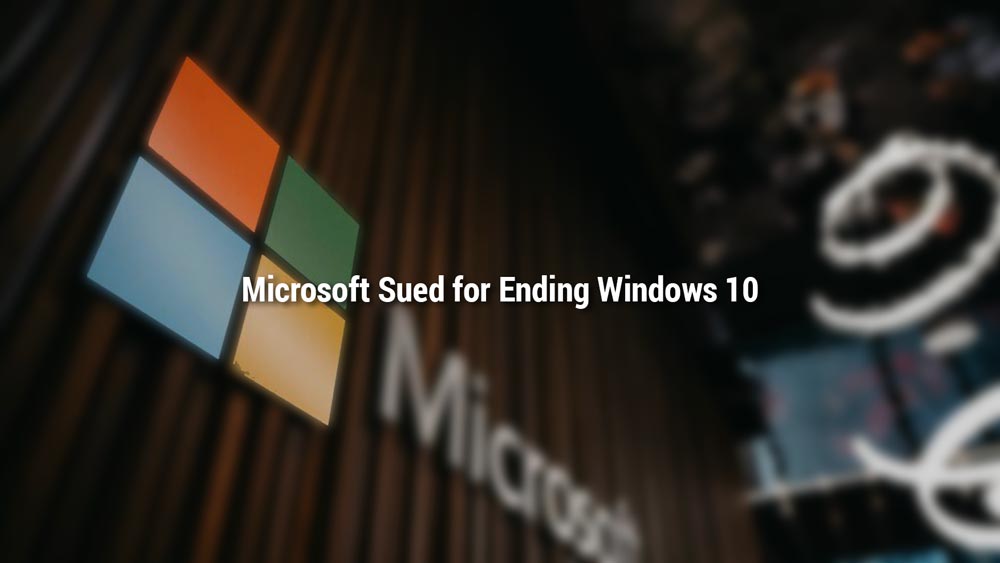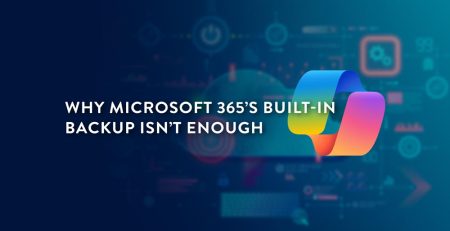Microsoft Sued for Ending Windows 10: What Does it Mean?
We’re about a month away from Microsoft’s Windows 10 end-of-support date, and one Windows 10 user prefers not to upgrade to Windows 11.
Last month, a California resident sued Microsoft over the end of security updates scheduled to happen on Oct. 14, 2025, claiming that Microsoft is forcing customers to buy newer devices.
Since the beginning of the year, we’ve been encouraging our clients to upgrade their computers that are compatible with Windows 11 or buy new computers to replace the ones that aren’t.
Does this lawsuit change anything?
From our perspective, no.
Headlines about lawsuits will come and go. This one is not the first, and it will not be the last. None of them change the security reality your business faces on Oct. 14, 2025.
Let’s talk about why moving to Windows 11 still should be your organization’s plan and why we aren’t changing course.
Windows 11 is More Secure
First and most importantly, Windows 11 is more secure than Windows 10.
Microsoft claims a 62% drop in security incidents and three times reported reduction in firmware attacks when using a Windows 11 computer compared to a Windows 10 device.
That means fewer ransomware entry points, fewer phishing risks and less downtime. Staying on Windows 10 means you’re gambling with outdated locks on your front door.
The security improvements are thanks to advanced security features like TPM 2.0, virtualization-based security and Smart App Control.
If you continue to use Windows 10, you won’t be able to take advantage of these features, and your organization will get left behind from a security standpoint.
“Even if Microsoft were to give Windows 10 a little more time, that doesn’t change the bigger picture. Every system eventually reaches end of life, and Windows 11 already has security improvements that Windows 10 doesn’t. The sensible move is to plan for Windows 11 now instead of waiting.”
Windows 10 Isn’t Receiving New Features
Windows 11 has a plethora of nonsecurity-related features that Windows 10 doesn’t have. This includes snap layouts to organize your open windows and increase productivity, accessibility features like contrast themes and closed caption customizations to improve your employees’ experience, and Copilot, which can automate tasks and help your employees be more efficient with their time.
Additionally, new Windows 11 computers are being developed with NPUs (neural processing units), a processor designed for AI and machine learning tasks.
NPUs help complete AI-powered productivity and creativity tasks up to five times faster than 5-year-old computers, according to Microsoft.
If your organization is interested in Copilot licenses, you’ll need to upgrade to Windows 11, as Windows 10 computers won’t have the necessary hardware to utilize it.
How Long Will Windows 11 Last?
Microsoft doesn’t publish exact timelines, but the pattern has been consistent: about 10 years of support for each version of Windows. Windows 10 launched in 2015 and is ending in 2025. By the same logic, Windows 11, released in 2021, should be supported until around 2031.
That means if you buy a new Windows 11 computer today, it will stay supported for its entire useful life. You won’t get caught off guard with another upgrade deadline just a couple of years down the road.
Why We Aren’t Changing Course
Whether this lawsuit goes anywhere or not, your risk doesn’t really change. When Microsoft stops support, Windows 10 won’t get security updates, and that leaves those machines more exposed.
Even if Microsoft were to give Windows 10 a little more time, that doesn’t change the bigger picture. Every system eventually reaches end of life, and Windows 11 already has security improvements that Windows 10 doesn’t. The sensible move is to plan for Windows 11 now instead of waiting.
Need to Upgrade to Windows 11?
Don’t wait until Oct. 14 to upgrade your computers. You could miss vital security updates that put your organization at risk.
If your computers are still running Windows 10, we can help you with the transition. Contact us here to schedule a meeting to discuss the process and how we’ll upgrade your stock of computers with minimal business interruption.
Stay updated! Get tips and insights delivered to your inbox weekly by subscribing to our newsletter.











